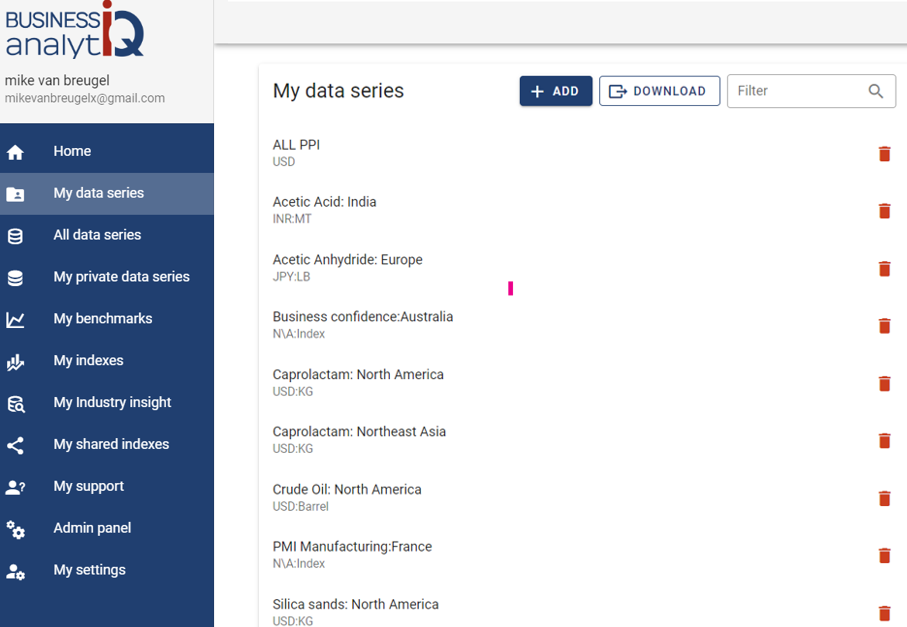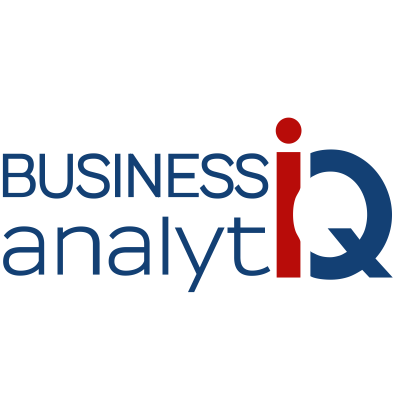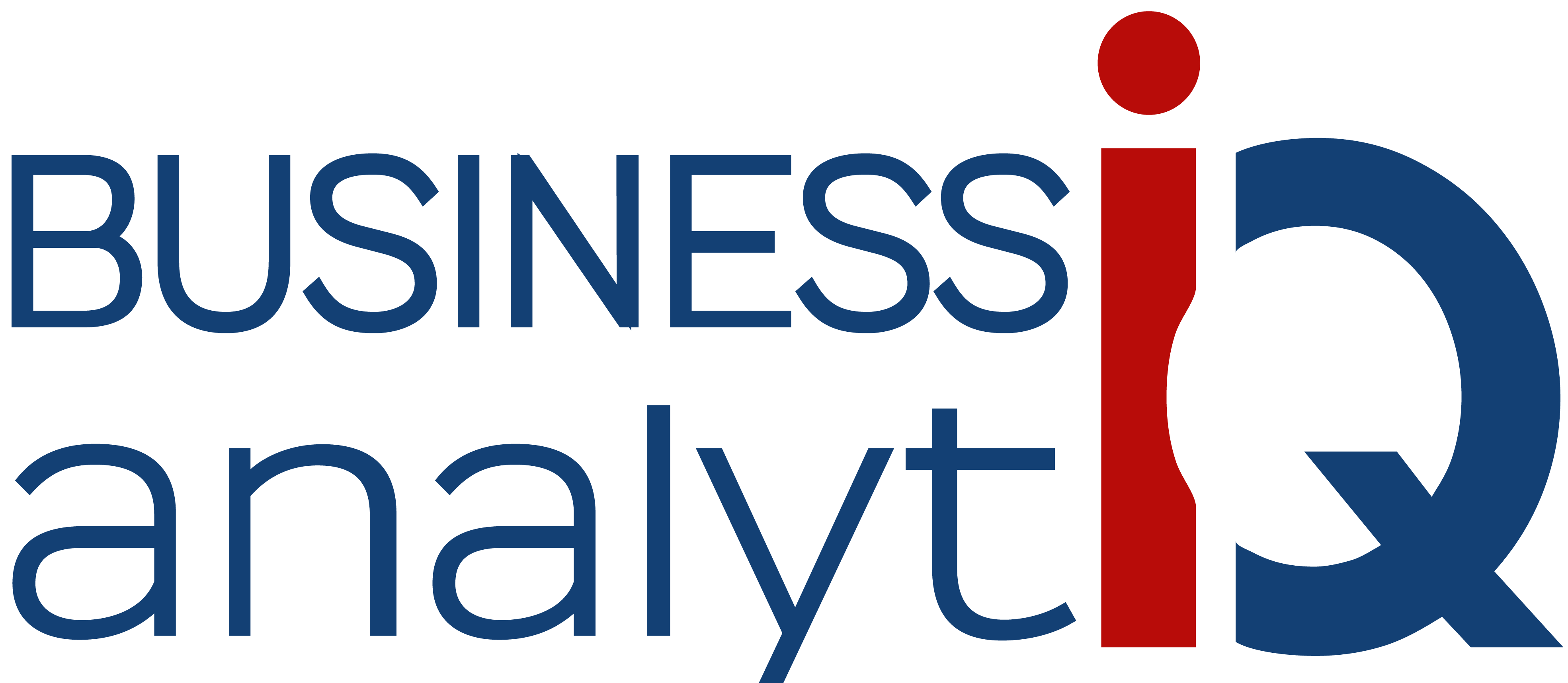Business Analytiq assumes no responsibility or liability for any errors or omissions in the content of this site. The information contained in this site is provided on an “as is” basis with no guarantees of completeness, accuracy, usefulness, fitness for purpose or timeliness.
Orange price index
This post is a summary of the Orange price index developments since 2005 as per the World Bank. The developments are expressed as an index and not in absolute terms. Therefore the Orange price index means that the values provided are relative to Jan 1 2019 which is defined as 1.00.
Further information on the Orange price index
Data source: World Bank
This data has been provided by the World Bank. The only change is that it has been indexed for Jan 2019 (so Jan 2019 is set as the index 1.00). The data is provided subject to the terms and conditions as defined by the World Bank
NEED A QUICK DOWNLOAD?
ACCESS TO OUR FULL DATABASE IS US$399/YEAR, WITH A 30-DAY $30 TRIAL
GET THAT DOWNLOAD IN 3 MINUTES!
BusinessAnalytiq provides a database of hundreds of market & price trend data, as well as online tools to set up benchmarks and leading indicators.

Where does the data come from?
- The source of the data are exclusively public non-confidential sources. We have no access to primary data
- This the index trend of the price trend of the "product category" in general, and not a single specification of the product in particular
- The data is a combination of contract and spot pricing
- Our algorithms are set up to eliminate significant product mix impact on the reported price
- We combine public publications, import/export records, trading prices, company announcements, magazine articles, tweets, and other sources of ad-hoc public information.
- The chart shows the our best approximation of the market trend based on our algorithm interpretation of the signals
- For most indexes we have multiple sources and we focus on using statistically-correlated sources
- As a function of our automation, it is likely that recent trends will be adjusted as we discover more information. So, for example, the price trend for February 2024 will be first calculated in February 2024 and adjusted in March, April and May 2024.
- We will update the data trend as more information becomes available, and this means that recent trends will always be adjusted as we get more data available
- The algorithm will regularly revise our understanding of market trends, and indicated market trends may change
- The data is presented in US$. The UOM of measure is shown in the Index list table
- Our automated software and we do our best to create an accurate representation of the trend
Where does the data NOT come from?
- We do not purchase data from any other source and republish it.
- We will not purchase data from any other source and republish it
- We do not extrapolate trends, even for the forecast. We look for other market signals and leading indicators
What data should our company use?
- If you are making decisions driving significant share of profit, we always recommend that you buy data from the companies who invest in direct primary market access such as ICIS, amongst many others
- Our data, at best, represents an estimate of the market trend based on public information
- We have no direct access to the market, and we do not interview suppliers and customers
- Our automated analysis tools in the online software are set up to combine our data with other sources of data
- We do not recommend that you use our data for direct price mechanisms, as we may change and improve the data trends over time, including historical data
What does the quality indication in the main menu mean?
- Quality level A: Data is from a reliable and confirmed source
- Quality level B: Data is from multiple credible sources and there are no major statistical inconsistencies between them
- Quality level C: Data is from multiple credible sources and there are some statistical inconsistencies between them
- Quality level D: Data is from a single credible source, but we cannot verify the data
- Quality level E: Data is either:
- From a single source, which we consider reliable, but we cannot verify the data.
- From 2 or more sources which have some periods of contradicting trends.
- Quality level F: Data is from a single source which we consider indicatively correct, but the data is anecdotal and we cannot verify the data.
What are the disclaimers?
- We assume no responsibility or liability for any errors or omissions in the content of this site.
- The information is provided on an “as is” basis with no guarantee of completeness, accuracy, usefulness, fitness for purpose or timeliness.
- By their nature, outlooks are always uncertain
How often do we update the data?
- We aim to update the data series on the 9th and 24th of each month (but we do not always make it for each chart)
- The data for the current month and recent history are fine-tuned over time.
What are we doing to improve the data?
- We are continually improving our data collection and processing methods
- Pricing data will be updated from time to time as we improve the accuracy
- We are reviewing all data sources in the first half of 2024.
- There will be continuous fine-tuning of the trend and forecast algorithm as part of that.
- The key focus in 2024 is to add many additional indexes
How can i give feedback on the data or request for new indexes
- Feel free to contact us if you have a specific request. You can reach us via the Contact us page

